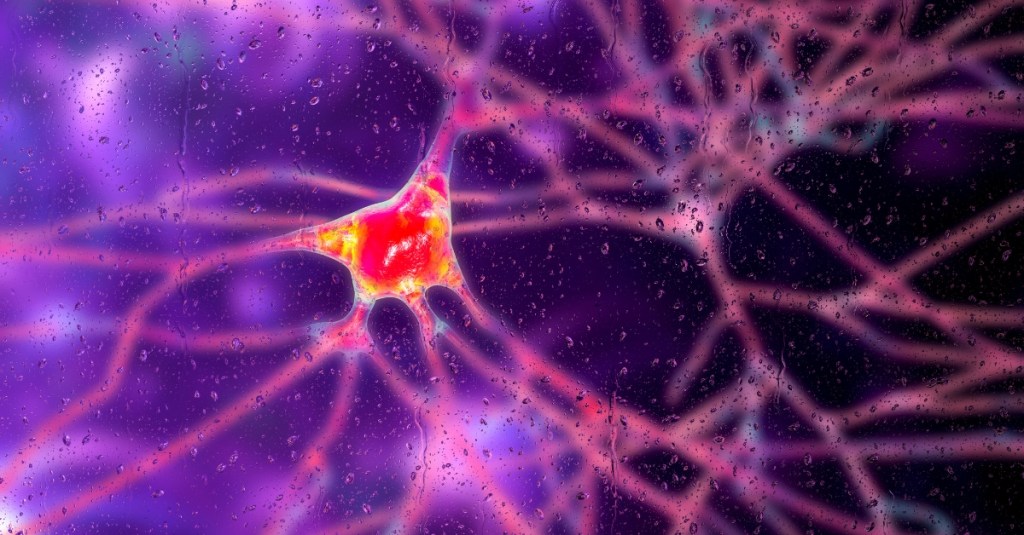Health
Breakthrough Gene Therapy Slows Huntington’s Disease Progression

Researchers have announced a significant advancement in the fight against Huntington’s disease, with a new treatment that may slow the disease’s progression. For decades, a diagnosis of Huntington’s disease has led to a gradual decline in motor function, cognitive abilities, and emotional stability, often culminating in death after 10 to 25 years. Traditional treatments have only managed symptoms, leaving patients and their families searching for hope. However, a recent clinical trial has revealed promising results for a gene therapy known as AMT-130.
Details of the Clinical Trial
On September 24, 2023, findings from the trial indicated that AMT-130 is the first treatment to actually slow down the progression of Huntington’s disease. This gene therapy involves using a harmless virus to deliver microRNA specifically designed to silence the mutant HTT gene responsible for producing a toxic protein that damages brain cells. The procedure consists of a single surgical injection into two areas of the brain, potentially offering years of slowed decline following just one dose.
In the trial, 17 patients received a high dose of AMT-130 and were monitored over three years. Results showed a remarkable 75 percent reduction in disease progression compared to those receiving standard care. Furthermore, levels of neurofilament light protein, which serves as a biomarker for brain cell death, decreased in some participants, indicating a positive shift in their neurological health.
Expert Insights and Future Considerations
Dr. Victor Sung, a leading researcher on the trial, described the results as “some of the most compelling in all of neurodegenerative disease.” While the findings offer significant hope for the approximately 40,000 individuals living with Huntington’s disease in the United States, experts caution that it is still early in the evaluation process.
The trial, though promising, was conducted with a small participant group, and it remains uncertain whether the effects of AMT-130 will persist over time. Additionally, access to this treatment may be limited by factors such as cost and the complexity of the surgical procedure.
Despite these concerns, the announcement signifies a notable breakthrough for a community that has long relied on hope in the absence of effective treatments. As research progresses, the potential for AMT-130 to transform the management of Huntington’s disease could pave the way for new therapeutic strategies in the future.
-

 Lifestyle5 months ago
Lifestyle5 months agoLibraries Challenge Rising E-Book Costs Amid Growing Demand
-

 Sports4 months ago
Sports4 months agoTyreek Hill Responds to Tua Tagovailoa’s Comments on Team Dynamics
-

 Sports4 months ago
Sports4 months agoLiverpool Secures Agreement to Sign Young Striker Will Wright
-

 Lifestyle4 months ago
Lifestyle4 months agoSave Your Split Tomatoes: Expert Tips for Gardeners
-

 Lifestyle4 months ago
Lifestyle4 months agoPrincess Beatrice’s Daughter Athena Joins Siblings at London Parade
-

 Science4 months ago
Science4 months agoSan Francisco Hosts Unique Contest to Identify “Performative Males”
-

 World4 months ago
World4 months agoWinter Storms Lash New South Wales with Snow, Flood Risks
-

 Science5 months ago
Science5 months agoTrump Administration Moves to Repeal Key Climate Regulation
-

 Business5 months ago
Business5 months agoSoFi Technologies Shares Slip 2% Following Insider Stock Sale
-

 Science5 months ago
Science5 months agoNew Tool Reveals Link Between Horse Coat Condition and Parasites
-

 Sports5 months ago
Sports5 months agoElon Musk Sculpture Travels From Utah to Yosemite National Park
-

 Science5 months ago
Science5 months agoNew Study Confirms Humans Transported Stonehenge Bluestones









